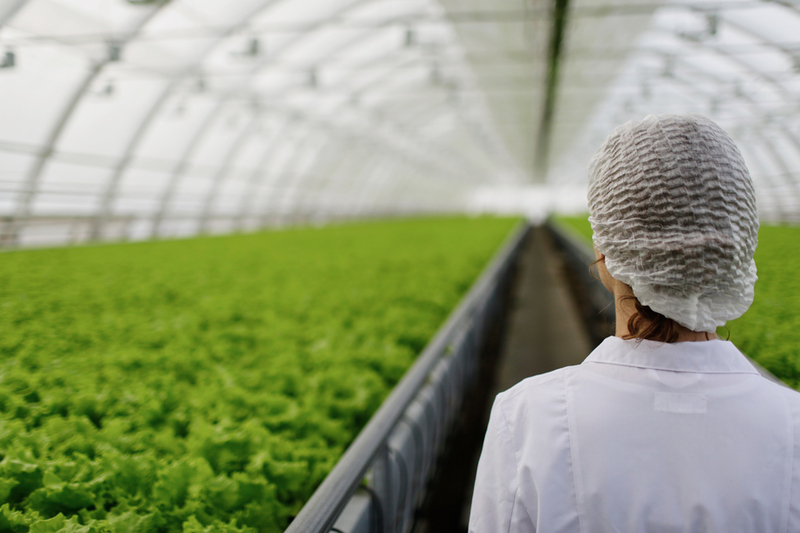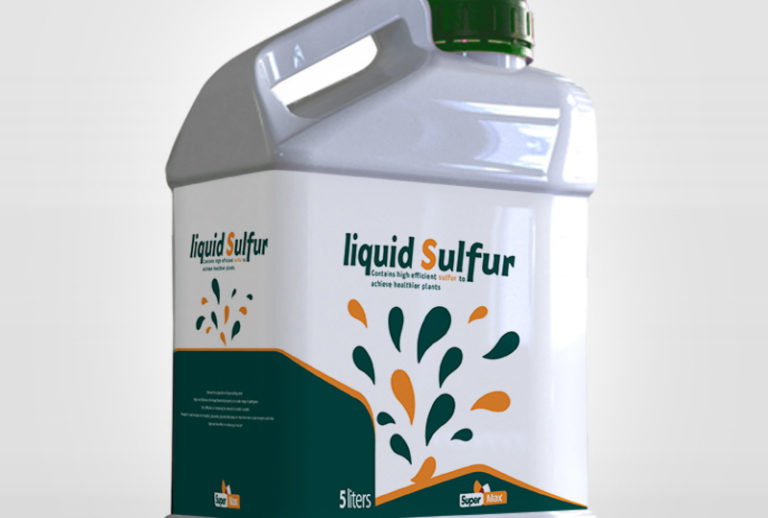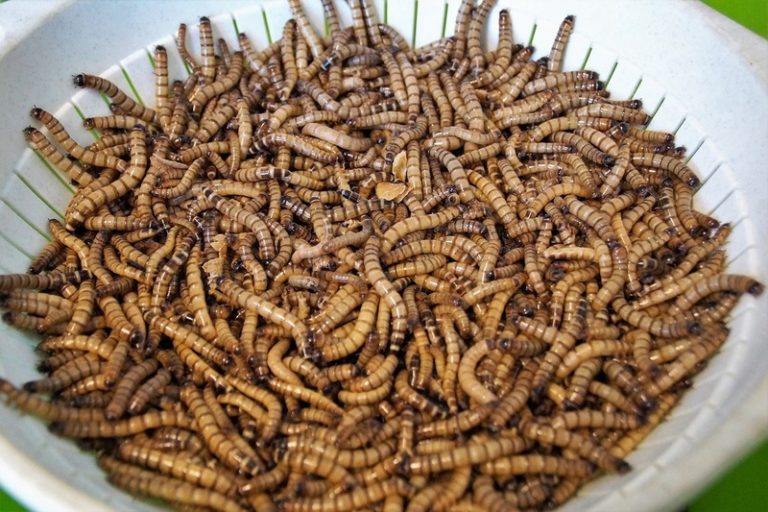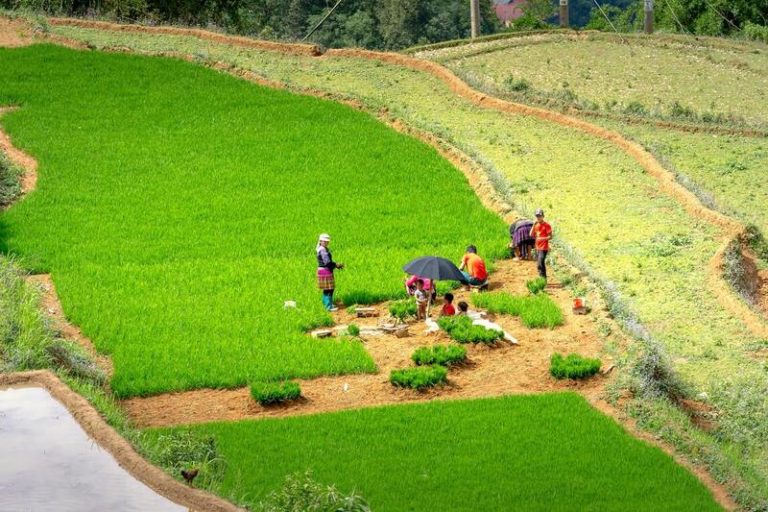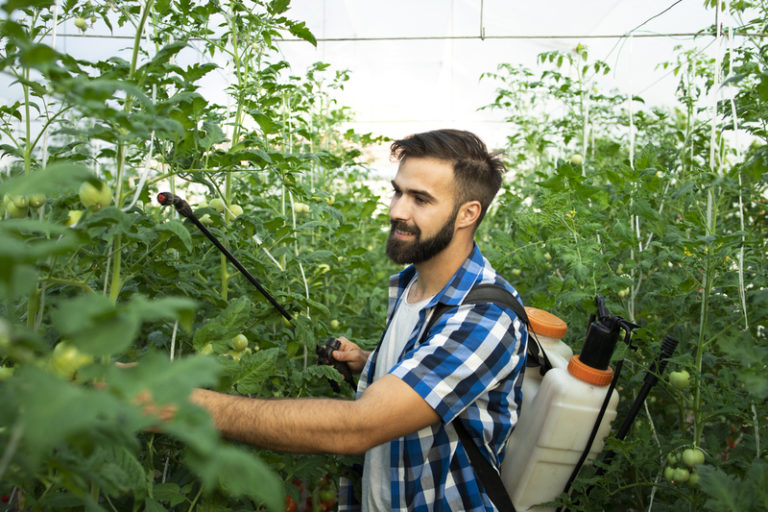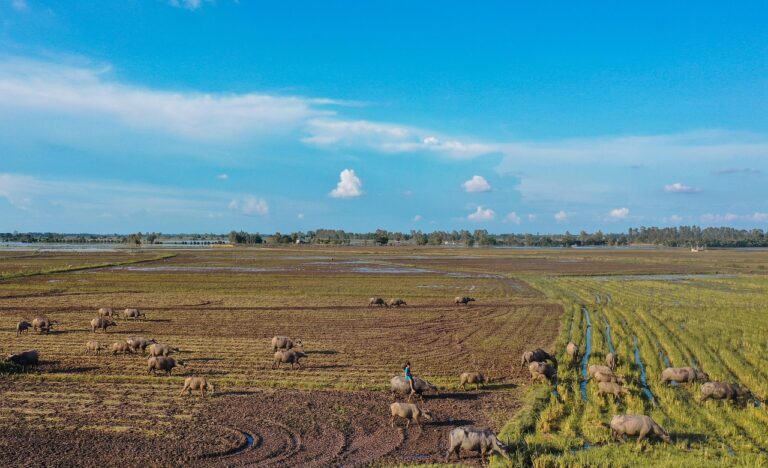Feeding the Future: Overcoming the Challenges of Modern Agriculture
Introduction:
Modern agriculture has come a long way from its traditional roots, with technological advancements and scientific breakthroughs revolutionizing the way crops are grown and harvested. However, this progress has also brought with it a new set of challenges that need to be addressed in order to sustainably feed a growing global population.
In this article, we will explore some of the biggest challenges facing modern agriculture today and how they can be overcome.
- Climate Change:
One of the biggest challenges facing modern agriculture is climate change. Rising temperatures, changing weather patterns, and extreme weather events have already had a significant impact on crop yields around the world. The unpredictability of weather patterns makes it difficult for farmers to plan and grow crops with certainty.
The effects of climate change are expected to worsen in the coming years, with more frequent droughts, floods, and storms. This makes it imperative for farmers to find ways to adapt to these changes and build resilience into their farming systems.
There are several ways that farmers can mitigate the impact of climate change on their crops. One approach is to use conservation agriculture practices, such as reduced tillage and cover cropping, to improve soil health and increase its capacity to hold water. Another approach is to use drought-resistant crops that are adapted to changing weather patterns.
- Soil Degradation:
Soil degradation is another major challenge facing modern agriculture. Soil degradation occurs when soil loses its ability to support plant growth due to a combination of factors, including erosion, nutrient depletion, and compaction. The consequences of soil degradation can be severe, including reduced crop yields, increased susceptibility to pests and diseases, and reduced soil fertility.
To address soil degradation, farmers need to adopt soil conservation practices that aim to improve soil health and prevent erosion. Some of these ways to improve soil fertility are crop rotation, less tilling, cover crops, and the use of organic matter.
- Water Scarcity:
Water scarcity is a growing concern for modern agriculture. As the global population grows, the demand for water for irrigation and other agricultural purposes is increasing, putting pressure on existing water resources. In many parts of the world, water scarcity is already a significant challenge, and it is expected to become more acute in the coming years.
To address water scarcity, farmers need to adopt water-efficient irrigation techniques that minimize water use and maximize crop yields. Drip irrigation, which sends water straight to the roots of the plant, and precision irrigation, which uses sensors and other technology to make the best use of water, are two of these methods.
- Pest and Disease Management:
Pest and disease management is a perennial challenge for modern agriculture. Pests and diseases can cause significant damage to crops, reducing yields and even causing complete crop failure. In addition, pests and diseases can also lead to the development of resistance to pesticides and other chemical controls, making them even harder to manage.
To address pest and disease management, farmers need to adopt integrated pest management practices that aim to minimize the use of chemical controls and promote the use of natural predators and other biological controls. In addition, farmers need to monitor their crops regularly and respond quickly to any signs of pest or disease outbreaks.
- Food Security:
Food security is a growing concern around the world. The global population is expected to reach 9.7 billion by 2050, and feeding this population will require a significant increase in food production. However, this increase in food production needs to be achieved without compromising the environment or the health of consumers.
To address food security, farmers need to adopt sustainable agriculture practices that promote the efficient use of resources and minimize environmental impact. In addition, governments and international organizations need to invest in research and development to identify new technologies and practices that can help increase food production while protecting the environment and public health.
Conclusion:
Modern agriculture faces several challenges that need to be addressed in order to sustainably feed a growing global population. Climate change, soil degradation, water scarcity, pest and disease management, and food security are all major challenges that require immediate attention.
Farmers need to adopt sustainable agriculture practices that promote the efficient use of resources, while governments and international organizations need to invest in research and development to identify new technologies and practices that can help to increase food production while protecting the environment and public health.
Also Read :-

